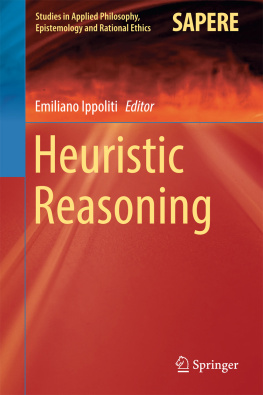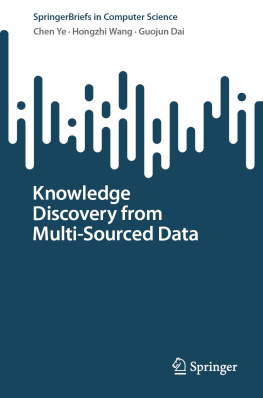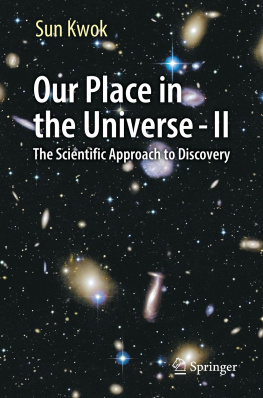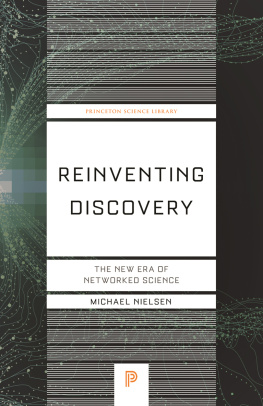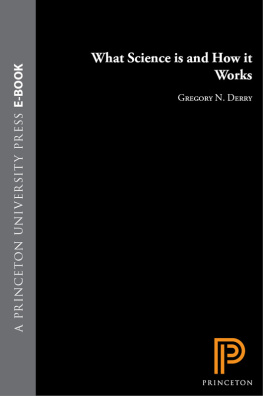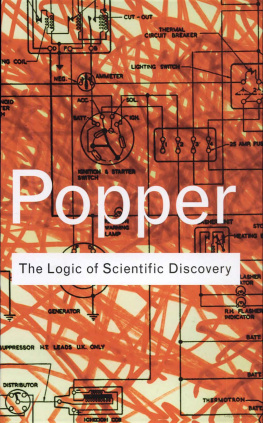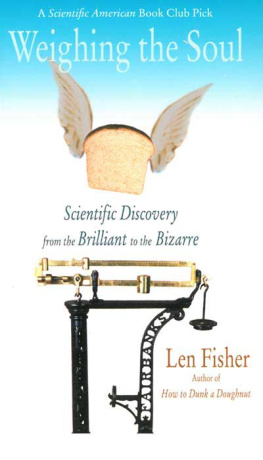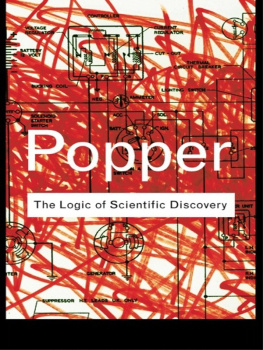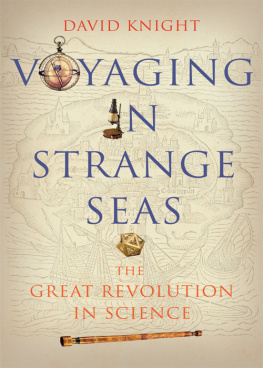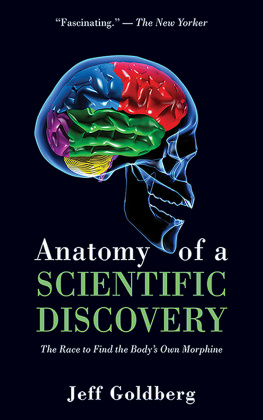The advancement of knowledge is the big goal in human understanding. To get it, we often have to push beyond the frontier of knowledge, where our understanding dissolves and where new, strange entities appear. These require bold explorations and the consequent discoveries are not idle mind games, but crucial tools for our future life. And to have a method for carrying out these explorations is essential. Tellingly, in his famous documentary Cosmos and the homonymous book, Carl Sagan spent some of his most inspired words to stress this point:
In the last few millennia we have made the most astonishing and unexpected discoveries about the Cosmos and our place within it []. They remind us that humans have evolved to wonder, that understanding is a joy, that knowledge is prerequisite to survival. I believe our future depends on how well we know this Cosmos in which we float like a mote of dust in the morning sky. Those explorations required skepticism and imagination both. Imagination will often carry us to worlds that never were. But without it, we go nowhere. Skepticism enables us to distinguish fancy from fact, to test our speculations [, p. 7].
Sagans contrasting of imagination and skepticism evokes the two main roots of logic and reasoning: ampliative reasoning, heuristics and methods for discovering on one hand, and non-ampliative reasoning, deduction, and methods for justifying and grounding our findings on the other. From these two roots have grown, branched out and borne fruit the two main traditions in logic and philosophy of science and philosophy of mathematics in particular. These traditions have seen several conflicts during the history of western scientific and philosophical thought especially on the battleground of the role of logic, reasoning and philosophy in human understanding. The latest clash was generated by the birth of mathematical logic following Freges works. The battle is hardest fought between the orthodox view and the maverick view of philosophy of mathematics.
The orthodox view is that philosophy is a meta-activity, a thinking about thinking that exists to clarify concepts, remove flaws and eradicate misunderstanding. Hence, reasoning teaches us to prevent errors, and logic is its main tool. Here logic is purely deductive, that is, a closed set of sound mechanical rules.
The maverick view claims that philosophy contributes to the hunt for new knowledge, by providing a logic and a method for its generation. Here logic is an open set of fallible rules for the generation of hypotheses from a set of data, and method is a framework for solving problems. A recent example of this view is Celluccis revised version of the analytic method (see []).
Truth be told, there is a branch of the orthodox view that maintains that philosophy contributes to the advancement of knowledge, but it comes with the critical thesis that deduction and axiomatization can extend our knowledge. This is a crucial point on which the maverick view challenges the orthodoxy.
The mavericks think that deductive logic cannot genuinely extend our knowledge. They argue that no deductive rule is ampliative since the content of the conclusion is already present in its premises. According to this view, a deduction only makes explicit the information that is implicit in its premises: a deduction allows us to unfold and rewrite the information embedded in the axioms in a way that is much more understandable and testable but, logically , it cannot extend them. Axiomatic-deductive systems establish relations of logical dependence between known findings but cannot produce new findings.
Moreover, the relation between hypotheses and consequences, axioms and theorems, is radically different in these two views. According to a very radical maverick view, the starting point of an enquiry is not the axioms, but the consequences and the theorems. This point is expressed nicely by Hamming, who points out that this is true even in mathematics:
The idea that theorems follow from the postulates does not correspond to simple observation. If the Pythagorean theorem were found to not follow from the postulates, we would again search for a way to alter the postulates until it was true. Euclids postulates came from the Pythagorean theorem, not the other way. For over thirty years I have been making the remark that if you came into my office and showed me a proof that Cauchys theorem was false I would be very interested, but I believe that in the final analysis we would alter the assumptions until the theorem was true. Thus there are many results in mathematics that are independent of the assumptions and the proof [, pp. 867].
The bottom line: in the hunt for new knowledge we cannot employ axioms and deduction. Axioms are the pawns, not the queens, of our understanding, and they can be sacrificed on the chessboard of knowledge. Deductions are conservative moves: they protect your pieces and strengthen your position but do not offer ways to create lines of attack to win a match.
The orthodox view replies that axioms are the rough diamonds of our knowledge, and that deduction is the tool used to cut them. In this view the cut diamond is a new product, with new properties and relations between its parts, in other words new knowledge, so deduction is ampliative. The orthodoxy supports this claim with several arguments, such as the semi-decidability of the theories, the surprise of unexpected consequences, the need of new individuals in deduction, and the epistemic aspect of conclusions (see e.g. [ Moreover the orthodox view states that you get new plants or new properties of a plant just working on the seeds, that is on their combination and modifications. In other words, drawing deduction by relaxations, changes and combinations of axioms are ways to produce new knowledge.
The maverick view, in turn, argues that these arguments miss the big point: there is no way to logically extend our knowledge by means of deductions from axioms. The axioms are the only things needed in deductions: an axiomatic-deductive system is a closed world, unlike a plant that is an open-world that needs to interact with an environment to grow from seeds. Moreover, you dont need any kind of work or effort to get deductive consequences from a set of axioms since this task can be done mechanically by the British Museum Algorithm.
The real issue here is the definition of new , or novelty , that is what can be considered as new knowledge. On the orthodox side, establishing new logical relations between known components is regarded as new knowledge, on the maverick side only the production of an unknown component is regarded as such.
The clash between mavericks and orthodoxy, not only on the issue of new knowledge, has come to various attempts of reconciliation. For instance, recently Paolo Mancosu has tried to harmonize the two views within his philosophy of mathematical practice framework (see []). The above Sagans quote suggests a fruitful way to look at this problem, and also a way out to the clash. In effect, we need both ampliative and non-ampliative reasonings in the advancement of knowledge. They serve different purposes and have different roles within the same process. The ampliative reasoning offers means to produce new hypotheses capable of enlarging our understanding. The non-ampliative reasoning provides means to test and assess these hypotheses by confronting them with existing knowledge, strengthening the process of generation of hypotheses itself. In this sense, non-ampliative reasoning is useful and even necessary for the advancement of knowledge also from a maverick view point. Moreover, the work on axioms, from time to time, can produce new knowledge, since the relaxations or the changes of our postulate can be an effective heuristic moveeven though it does not require to endorse a structuralist view. In particular working deductively from axioms is a means of control, a means of discovering errors in our postulates and knowledge, and learning from themthis is a big lesson from the history of set theory.

